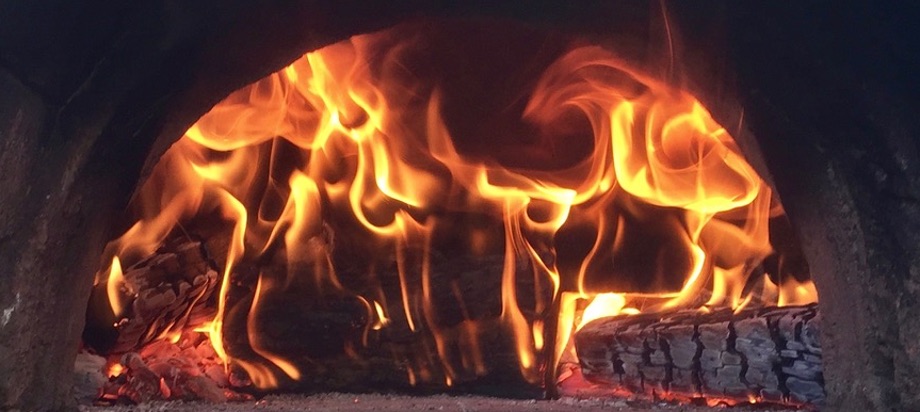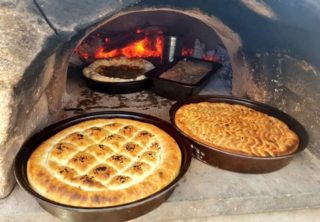
Podcast: Play in new window | Download (Duration: 16:14 — 13.1MB)
Subscribe: Google Podcasts | Spotify | Android | | More
 In 2010 and then again in 2011, Christchurch, on New Zealand’s South Island, suffered two huge earthquakes. The first destroyed buildings, but few people were hurt. The second brought more buildings crashing down and, because it happened around midday when the buildings were full of people, killed 185.
In 2010 and then again in 2011, Christchurch, on New Zealand’s South Island, suffered two huge earthquakes. The first destroyed buildings, but few people were hurt. The second brought more buildings crashing down and, because it happened around midday when the buildings were full of people, killed 185.
Simon Gray is an artist, living on the North Island at the time of the disasters. He had come to regard his regular bread-baking as therapy sessions of a sort, and decided to move to Christchurch to offer bread to the people there as a way to cope with what they had experienced and to help rebuild their lives and their community.
I heard about it because Simon sent me information about an event – A Bread Companion – he was organising, one of 55 events at FESTA 2018, which has just ended. FESTA is the Festival of Transitional Architecture, a weekend knees-up to celebrate urban ingenuity and rebirth and tempt people back into the centre of Christchurch.
Of course I wanted to chat to Simon Gray about A Bread Companion.
Notes
- Phillipstown Community Hub has a Facebook page.
- The pepper tree that Simon mentioned, as a local spice used by Maori people: it must be one of the species of Pseudowintera.
- Rewena bread gets a Wikipedia entry too; for me, it needs more solid information.
- Simon told me about the Bread Houses Network, which does similar sorts of things, and I’ve since discovered others. I would love to learn about other people using bread and baking to heal.
Photos from Phillipstown Community Hub.
 Huffduff it
Huffduff it

 In 2010 and then again in 2011, Christchurch, on New Zealand’s South Island, suffered two huge earthquakes. The first destroyed buildings, but few people were hurt. The second brought more buildings crashing down and, because it happened around midday when the buildings were full of people, killed 185.
In 2010 and then again in 2011, Christchurch, on New Zealand’s South Island, suffered two huge earthquakes. The first destroyed buildings, but few people were hurt. The second brought more buildings crashing down and, because it happened around midday when the buildings were full of people, killed 185.

 Once you get over the idea that there is no good food in Ireland, and a single trip ought to be enough to do that, you might become aware of a paradox. Go into a pub, and if they serve food, rather than just sandwiches, it is likely to be rather acceptable. Go into a restaurant, and you’re more likely to be disappointed. At least, that’s my experience. I have had some fine meals in restaurants, to be sure, but I have also had some stinkers. Pubs are more predictable.
Once you get over the idea that there is no good food in Ireland, and a single trip ought to be enough to do that, you might become aware of a paradox. Go into a pub, and if they serve food, rather than just sandwiches, it is likely to be rather acceptable. Go into a restaurant, and you’re more likely to be disappointed. At least, that’s my experience. I have had some fine meals in restaurants, to be sure, but I have also had some stinkers. Pubs are more predictable.